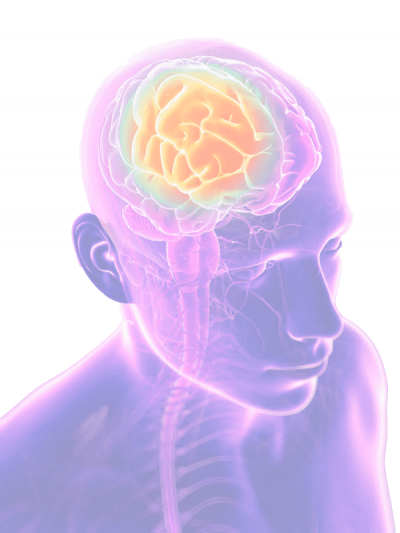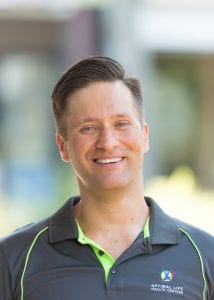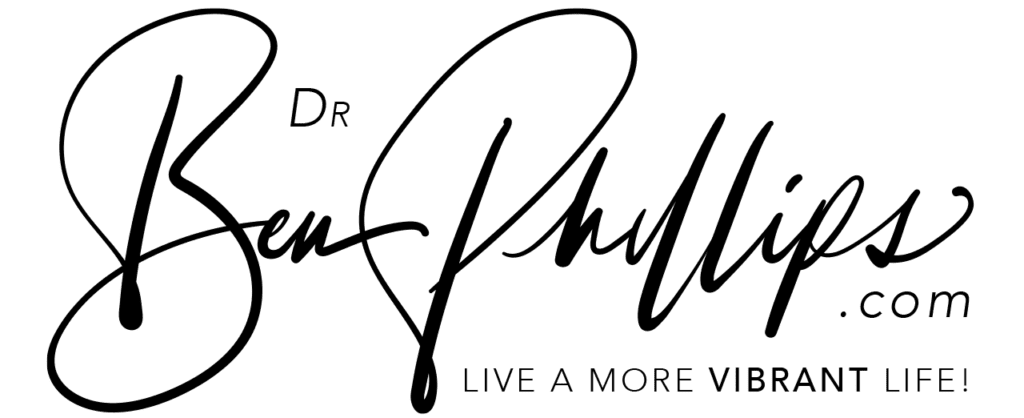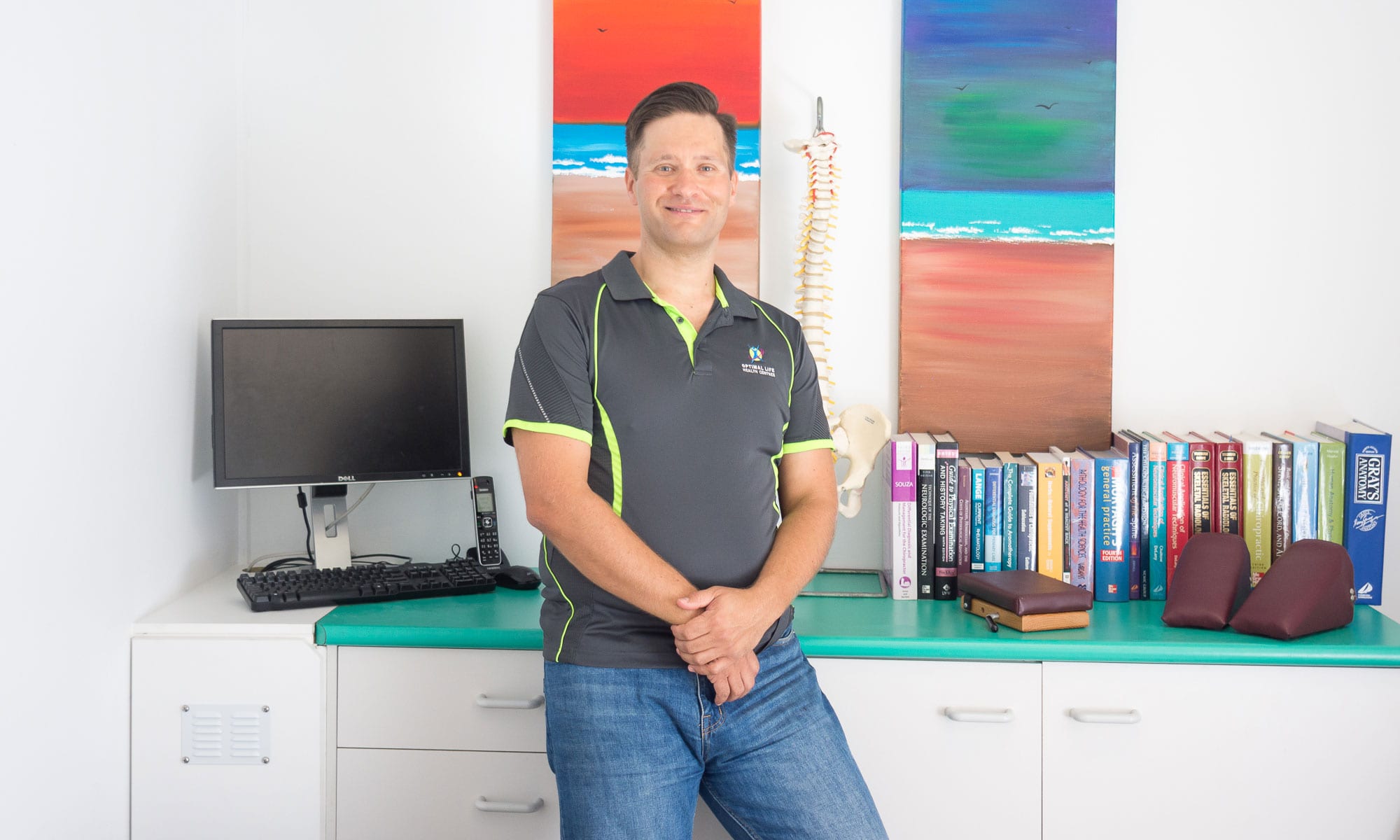
Philosophy of Health - WHY is this important to you??
Why is there a page on a health website discussing Philosophy, of all things?
You may know that the word ‘philosophy’ literally means the ‘love of knowledge’ or ‘the love of wisdom’ – it doesn’t only mean dusty old academic books or Ancient Greeks or Romans – philosophy can be as broad or as narrow as you choose to make it.
This page is an introduction to an idea – the concept that you can have (and we actually all already do have) a philosophy about many things – and in this particular case, about health!
Your chosen (or unconscious) philosophy of Health affects YOU because it will impact your definitions of health and sickness, your beliefs about how healing occurs and what is possible, the types of health professionals you will see as well as when, and why, and also how, you prioritise health in your life.
Ayn Rand was a somewhat controversial author and philosopher from last century, but this quote of hers is particularly relevant:
“As a human being, you have no choice about the fact that you need a philosophy.
Your only choice is whether you define your philosophy by a conscious, rational, disciplined process of thought and scrupulously logical deliberation...
...or let your subconscious accumulate a junk heap of unwarranted conclusions, false generalizations, undefined contradictions, undigested slogans, unidentified wishes, doubts and fears, thrown together by chance but integrated by your subconscious into a kind of mongrel philosophy and fused in place where your mind's wings should have grown.“
My philosophy of health gives birth to the ideas I share and inspires me in what I do and why, how I interact with you and what I am working toward when I help you. It is both informed by, and contributes to my paradigm – which can be thought of as the ‘lens’ through which I look on the world (you can find a more thorough explanation of what a paradigm is and the specific wellness & prevention paradigm I subscribe to via these links). Together, both philosophy and paradigm are specifc drivers of the model of healthcare I recommend for you.
I am proud that chiropractic is one of the only healthcare professions with a clear, distinct, well-defined, congruent philosophy – a strong ‘why’ for our ‘what’ – in fact Chiropractic has often been described as a stool of three equally balanced legs – art, science and philosophy combined.
Primary in any philosophy are distinct definitions of terms relevant to the topic or subject matter.
Our definitions of 3 primary terms in my philosophy of health can be found here:
Click the buttons above for a full outline of these definitions. For the purpose of this article, some elements of these definitions are included here:
- I define ‘health’ by what you can do, and how you can improve toward better states of function;
- I define sickness not simply by the presence of symptoms, and
- I define healthcare NOT exclusively by the outcomes of curing, fixing or treating; suppressing or otherwise ‘removing’ a symptom often robs us of a highly intelligent ‘warning signal’ from your body - information we can use to understand causation and find ways for long-term resolution.
Use this link to learn more about my point of difference – why you might choose me and and the model of healthcare I recommend.
Questions are a great way to begin to explore any Philosophy!
Here are some questions to begin a conscious, rational and disciplined journey into one particular philosophy of health:
- Do you think that sickness, disease and dysfunction are a normal part of life?
- Are human beings built to be HEALTHY or to get SICK?
- Have you ever actively thought about or clearly defined for yourself what HEALTH and what BEING HEALTHY mean to you?
- If you have:
- do you think of health in terms of “how do I feel” or “how do I look”?
- do you think of health in terms of “how am I functioning”?”
- or is it some combination of all of these? – which of these questions holds most weight or relevance in your definition?
- If you do think that health is about FUNCTION, what methods or strategies do you use to CHECK and MEASURE that function?
- Do you tend to mostly ignore your health unless and until a problem shows up? Do you ALLOW yourself to keep living with factors that contribute to a “LOSS” of health?
- Do you tend to focus on your health only when you’ve lost it in some way – when you have a pain or symptom that you can no longer ignore?
- Do you take action around your health based on the principle of “prevention is better than cure” or do you live life more inspired by the phrase “if it ain’t broke, don’t fix it?”
Sickness, disease, and dysfunction are COMMON. But they are not NORMAL!
Getting sicker and having consistently less function as we age is NOT how LIFE is ‘meant to be.'
Human beings are NOT inherently weak and destined to ‘break down.’
The World Health Organization (WHO) - which is really the peak world body of current medical thinking, policy and guidance
defined 'health' back to 1948 (and they’ve never changed that definition since!).
I like much of what this definition implies, and yet this principled, expansive view of health hasn't actually filtered down into how much of healthcare and medicine is currently practiced in our society today.
Paraphrased, the definition says: health is a complete state of function including physical, mental and social components. It then explicitly says that health is NOT determined solely by whether you have (or don’t have) particular symptoms.
I often wonder why this definition does not more fully influence healthcare practice, given that it was agreed to so long ago. Somewhat ironic really!
Each of us are able to (and responsible for) making change to develop or improve our health.

- I operate from the starting point that our bodies (and lives) are designed to be EXTRAORDINARY.
- This is actually our set point – assuming we are MEETING THE REQUIREMENTS that allow this to be possible!
- Our bodies and minds are SUPPOSED to be happy and healthy; vibrant and energised – functioning at 100%.
- Life is SUPPOSED TO BE about fun, productivity, efficiency, joy, laughter and new experiences.
Symptoms say: STOP, take NOTICE (explore, assess), and CHANGE!
Australian culture teaches most of us to seek help only when we have ‘a problem’ – reacting to pain or other symptoms is often the first attempt people make to resolve dysfunction. Attempts are made to REGAIN health rather than maintain or pursue health.
Symptoms – while often uncomfortable, and usually something we want gone, are really useful – because they tell us a lot about what is overwhelming the body, and what might need to change. There are intelligent messages from your body that either you or a well-trained health expert can use to recognise a pattern and implement needed change.
But the biggest challenge with symptoms is that they often appear very LATE in any disease process and they often resolve quite quickly when healthcare interventions are begun.
Healthcare policy in our country (and the policies of ‘health’ insurance companies) assume that the presence of such a problem is what signals the need for a healthcare intervention or ‘treatment.’ This idea comes to us from allopathy, the sickness and treatment paradigm which underpins much of the “common wisdom” regarding what constitutes healthcare today.
In the state before a symptom becomes known it is assumed that there exists no ‘need’ for care or support.
What is clear and irrefutable is that symptoms occur very late in any disease or dysfunction process. There is so much you can learn about your body before symptoms develop, and if you only take action until a symptom is alleviated, underlying deeper challenges often don’t fully heal or resolve.
More than anything, in our philosophy of health, the presence or absence of a symptom or disease-process is not what determines if you seek out the support of a healthcare professional. This determines when you may need a sickness-care professional! Healthcare professionals can help you both with and without symptoms…on the pathway toward a more vibrant life.
Paying attention to symptoms IS an important process – because they are actually saying: “STOP / TAKE NOTICE / CHANGE” however they are ideally not the best reason to begin a health intervention or change of lifestyle.
Our health is not determined by bad luck, bad genes or bad germs – it is instead the result of what we believe and do (our lifestyle choices).
With very few exceptions, almost all chronic dysfunction and disease ONLY occur because of lifestyle – our choices and behaviours, the stress-loads we allow to build up over time, and things from our past that we do not clean up or heal. Genes, if they contribute at all are only a contributor to disease – excluding a very small number of true genetic disease such as Trisomy-21 (Down’s)).
The Sickness and Treatment paradigm has a necessary place...
I don't mean here, to disparage the sickness and treatment paradigm in this article.
Given the state of our current cultural norms and what we have been taught for decades, the experts in these sickness and treatment fields, and their knowledge and interventions are truly useful and they play a critical role for many in our society - I am simply advancing the idea that their work is not true healthcare – it is reaction to health crisis (sickness).
The sickness and treatment paradigm tends to reinforce that you only need help when you have a ‘problem’ and you are healthy when there is no obvious test result or symptom to say otherwise. And it limits the types of tests that are considered acceptable measures of what it means to be healthy.
If it ain't broke IS how many people live...
Living life with a subconscious, unexplored or contradictory philosophy of health – one where you have not chosen the conscious, rational, deliberate process of exploring the topic, does result in living life under the maxim of ‘if it ain’t broke…”
As per Rand’s quote at the beginning of this page, in my view this is truly the formation of a kind of mongrel philosophy, fused in place where your mind’s wings should have grown.“
Many people want to claim that they believe that prevention is better than cure, while actually living by ‘if it ain’t broke’ – it needs to be acknowledged that these two philosophies are actually mutually exclusive – you cannot live one while you are actually living the other.
On the surface, “if it ain’t broke” does seem to work for many. It works for as long as they accept that no overt symptoms equals health, and that healthcare is only necessary or relevant or useful if something is “broke.”
People choose to stay the same and keep to their same habits. They choose to stay in their ‘known’ and ignore or suppress problems. Sometimes that is the easier path. Is that your choice?
If you want to make change and live better,
I recommend thinking about these ideas and deciding what is right and best for you!








